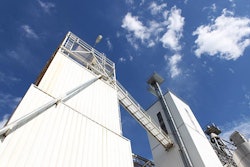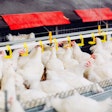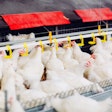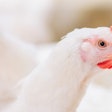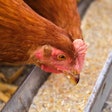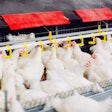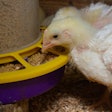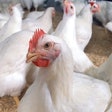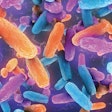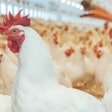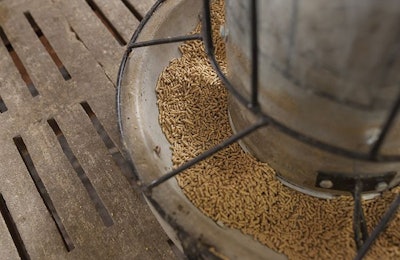
Several animal disease outbreaks have highlighted the importance of having a thorough biosecurity program implemented and enforced in poultry and livestock feed production.
“Animal feed may potentially serve as a vector for the transmission of biological hazards, including viruses like African swine fever (ASF),” says David Fairfield, senior vice president for feed services, National Grain & Feed Association (NGFA). “However, implementing an effective biosecurity plan can significantly reduce this risk and help assure the safety of animal feed and health of animals.”
To develop an effective feed mill biosecurity plan, Fairfield offers these general recommendations:
- Identify hazards: Identify known or reasonably foreseeable biological hazards, and determine where such hazards may be potentially introduced, amplified or controlled within the receiving, processing and distribution systems.
- Evaluate risk: Access the probability and severity of known or reasonably foreseeable hazards.
- Introduce controls: Determine and implement appropriate controls to mitigate the risk posed by such hazards.
- Test controls: Take steps to verify that the controls are implemented effectively and are adequately controlling the hazard.
- Generate proper documentation: Document the control and verification activities.
- Benchmark and revisit: Review the plan periodically to assess for potential new hazards and to identify ways to improve implementation.
In addition to NGFA’s advice, check out the American Feed Industry Association’s (AFIA) updated biosecurity guidelines to aid in preventing pathogen contamination.
For swine producers concerned about the transmission of ASF to their herd, the National Pork Board provides specific guidelines for improving biosecurity at all touchpoints in its “Biosecurity for pork producers” manual.
View our continuing coverage of the African swine fever outbreak.




